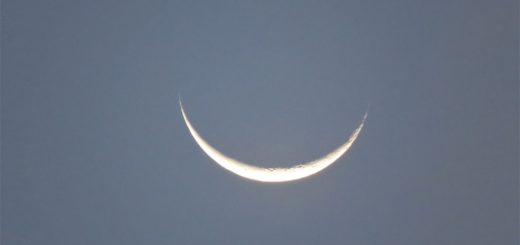Thoughts Upon Reading Kafka’s “The Metamorphosis”
“August 2, 1914: Germany has declared war on Russia. Went swimming in the afternoon.” (Franz Kafka, diary entry)
Tuesday morning, needing something to read while my graduate students wrote their midterm exam, and having been somewhat guiltily perusing Kafka’s diaries lately — I hope he doesn’t mind, though I suspect he does — I selected a rereading of “The Metamorphosis” as my amusement. Immediately upon finishing the novella, I quickly jotted down some random personal reflections about Kafka the man and writer.
– feels pressure from his parents to be a normal person, and dreads disappointing them, but knows he will and must disappoint them.
– thinks continually about the meaning of his life, but believes that the answer will never come; sees writing as both his way of seeking and his only comfort for the pain of knowing that he will never find.
– frequently thinks, with some pleasure, about suicide, but also craves the perfect patience of a man who is on a journey that will never end; this tension between the attractive release of death and the desire never to let go of the struggle of life defines his character.
– dreams of the peace of companionship, meeting friends, and laying his head on a loving person’s lap forever, but also speaks of social life as a hell he must endure in order to return to his preferred condition, being alone — “The fact that no one knows where I am is my only happiness,” he writes in a letter.
– is obsessed with Eros, but despises and distrusts physical pleasure, believing that physical gratification makes life, love, and marriage shallow and meaningless for a thinking person; hence he writes in his diary that love is “always only the desire to die and the not-yet-yielding.”
– believes that being alone with one’s difficult thoughts may be lonely, but that the deepest loneliness is being with people and yet knowing that one is unseen and unheard — “Lost among these entirely strange people,” he writes in his diary.
– writes out of a compulsion to communicate his soul’s search to the world, but also believes that the only world where he can be understood is the one in his private room; he therefore writes a lot in his short lifetime, but publishes very little.
– believes the privacy of his room is essential to his survival and thought, but is also obsessed with windows, i.e., with seeing the outside world from within his room. (See “An Imperial Message,” “Metamorphosis.”)
– believes there is Judgment, and there must be Judgment, but that there is no Judge; this is the tragic paradox, or rather the melancholic truth, of life.
– sees modern society, and modernity’s inescapable political existence, as an infinite administration with no administrator, an ever-shifting array of office doors leading only to other office doors, a maze that hides an ultimate answer which lies in a file somewhere, but every filing cabinet is empty.
“Don’t you want to join us?” I was recently asked by an acquaintance when he ran across me alone after midnight in a coffeehouse that was already almost deserted. “No, I don’t,” I said. (Kafka, diary entry)




